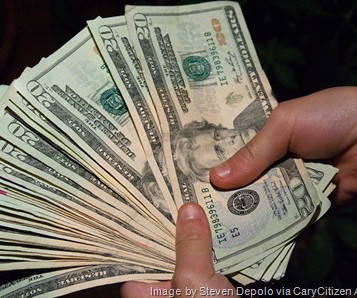8 Expectations Of Investors Who Risk Their Own Money
Startup Professionals Musings
OCTOBER 8, 2023
Here are eight key insights that will help you find a productive match: Angels want equity ownership, not causes. By definition, angels are accredited investors, who invest their own money for a percentage of the business. Every investor likes to see opportunities that are large, with double-digit growth.





















Let's personalize your content